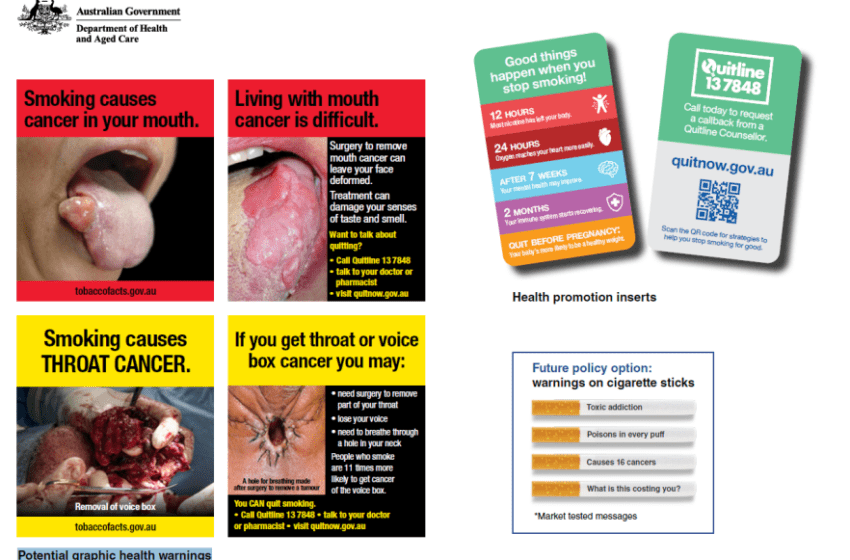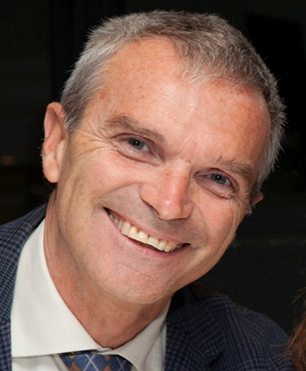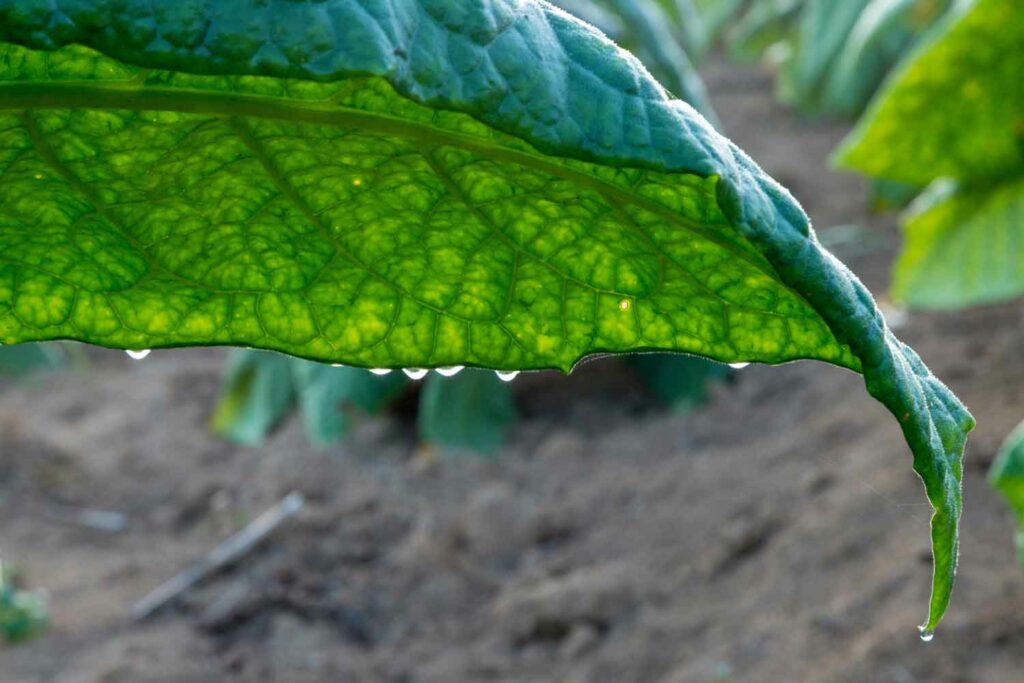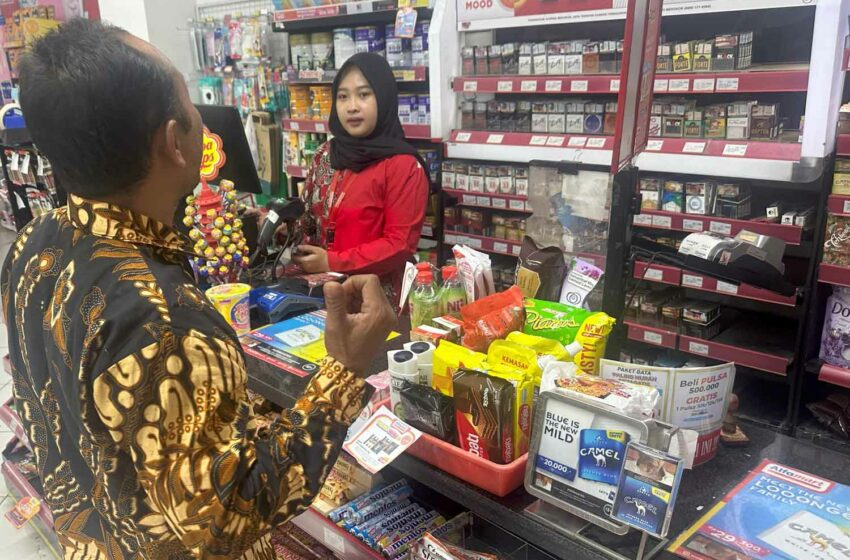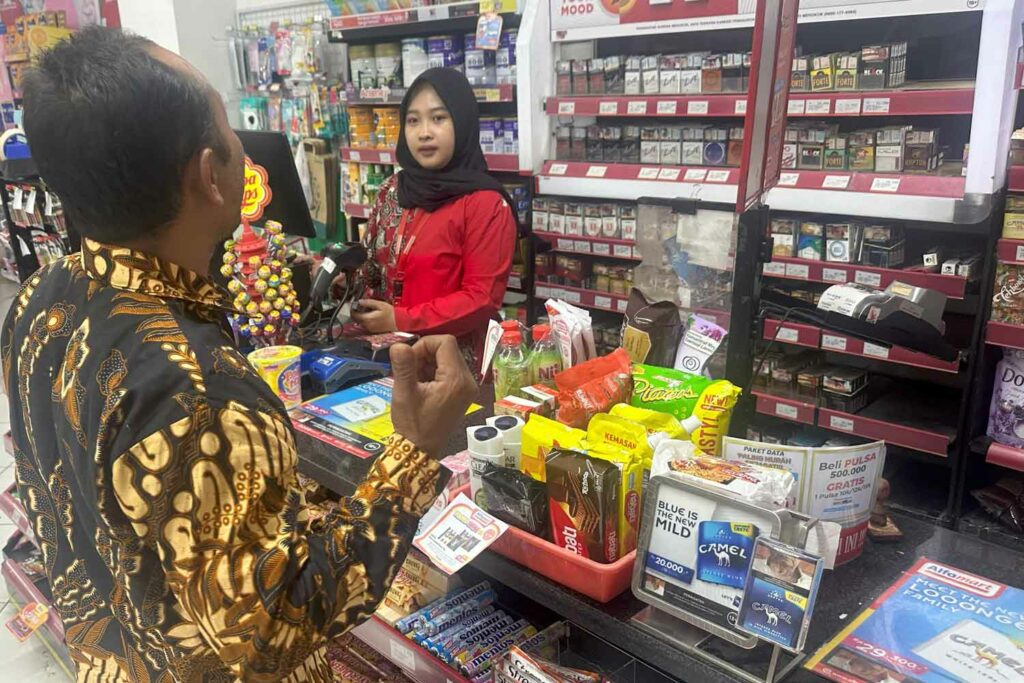The U.S. Food and Drug Administration in collaboration with U.S. Customs and Border Protection (CBP) seized approximately 1.4 million units of unauthorized e-cigarette products with an estimated retail value of more than $18 million.
The seizures were part of a three-day joint operation that resulted in seizure of 41 shipments containing illegal e-cigarettes.
“The FDA is committed to continuing to stem the flow of illegal e-cigarettes into the United States,” said Robert Califf, FDA commissioner, in a statement. “Unscrupulous companies try everything they can to bring unauthorized, youth-appealing tobacco products into the country. The FDA will remain vigilant, and together with our federal partners, stop these imports before they make it into the hands of our nation’s youth.”
“This enforcement action is a prime example of CBP’s commitment to keeping our communities safe by disrupting the importation of illegal goods into our country,” said Troy A. Miller, senior official performing the duties of the commissioner for CBP. “The rise in illicit e-commerce demands that our agencies remain vigilant in intercepting shipments that could pose serious health risks to the public, including youth, while disrupting the supply chains that bring them to our borders.”
Among the seized products were Elf Bar, EB Create, Lost Mary, Funky Republic, Relx Pod and Iplay Max, among other brands. The seized shipments all originated in China. Many of the products were misdeclared as toys or shoes.
“Those shamelessly attempting to smuggle illegal e-cigarettes, particularly those that appeal to youth, into this country should take heed of today’s announcement,” said Brian King, director of the FDA’s Center for Tobacco Products. “Federal agencies are on to their antics and will not hesitate to take action. The significant value of these seized products is also a sobering reminder to these bad actors that their time and money would be better spend complying with the law.”
According to Reuters, the announcement of the seizure follows reports of Chinese vaping firm Heaven Gifts disregarding U.S. regulations and flooding the market with illicit flavored disposable vapor products, including Elf Bar and Lost Mary. Elf Bar has been identified as one of the most common brands used by youth, according to the National Youth Tobacco Survey.
Anti-tobacco advocates have praised the efforts of the FDA and CBP. “This is the strongest enforcement action the government has taken to clear the market of illegal flavored e-cigarette products that are addicting our kids and endangering their health,” a Campaign for Tobacco-Free Kids press statement said. “It represents the coordination needed across government agencies to prevent the importation of illegal e-cigarette products into the U.S. and stop bad actors from continually finding new ways to prey on our kids. We urge the FDA, CBP, the Department of Justice and other relevant agencies to continue to use every enforcement tool at their disposal to take these illegal products off the market.”
The seizure took place at the Los Angeles International Airport in California.












